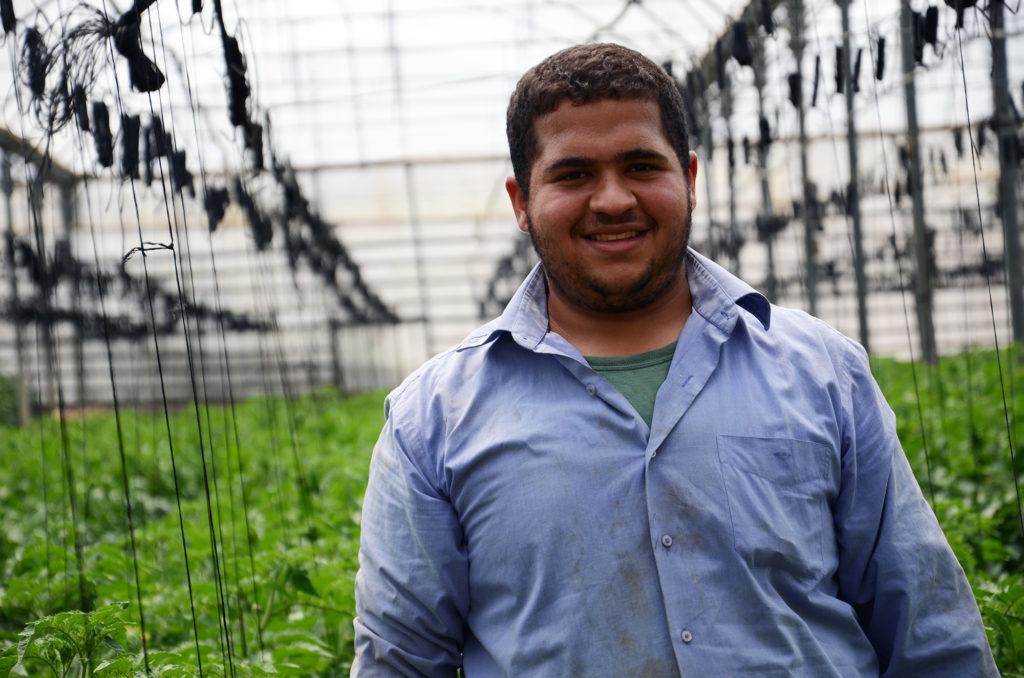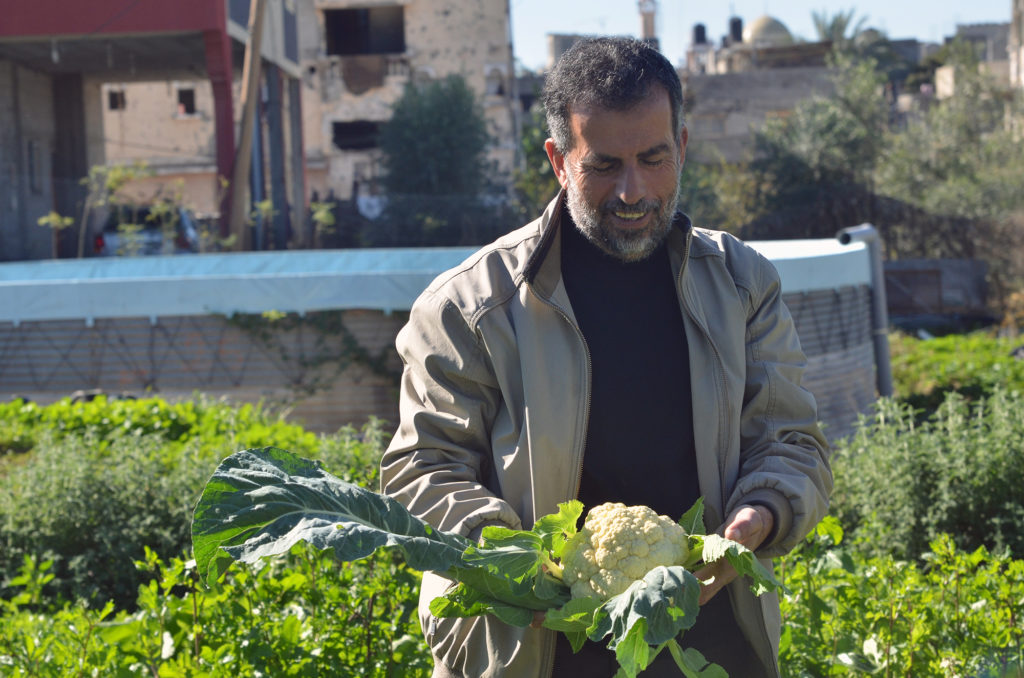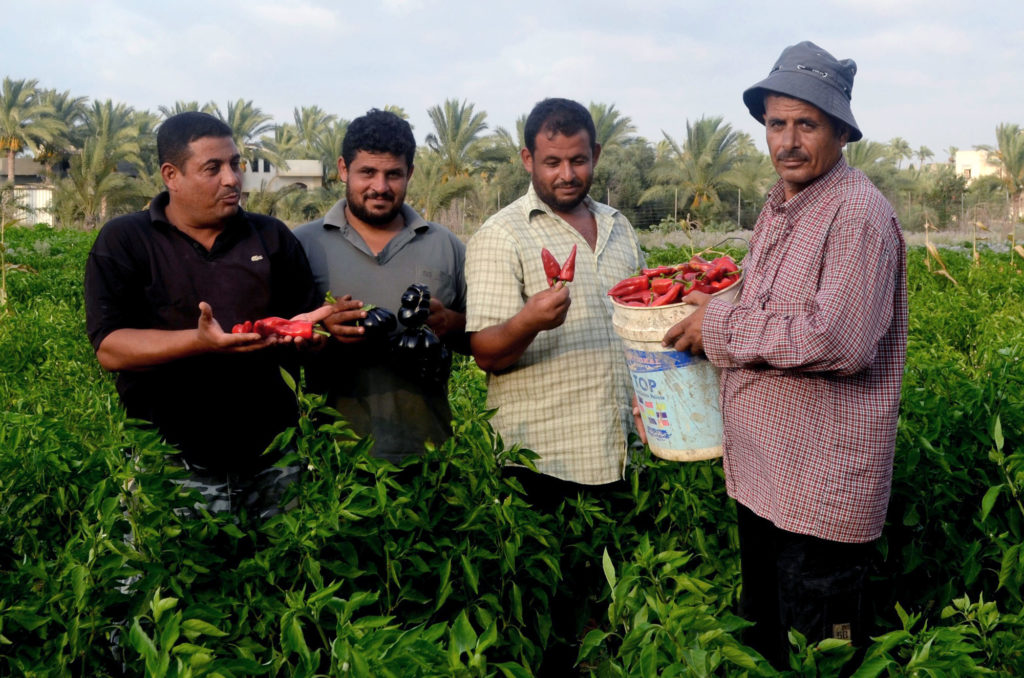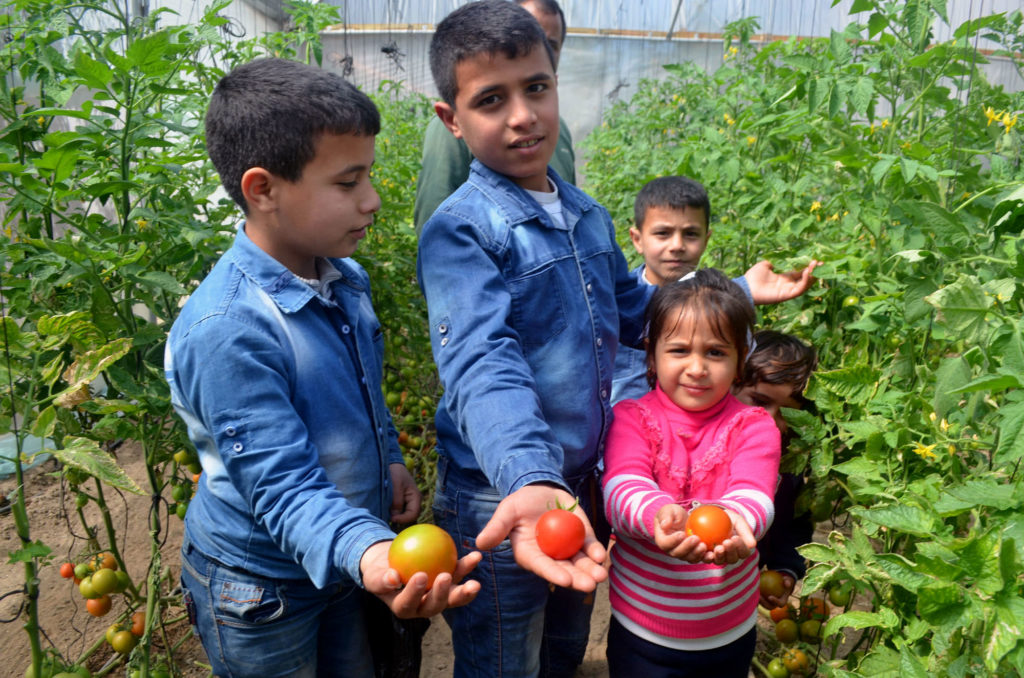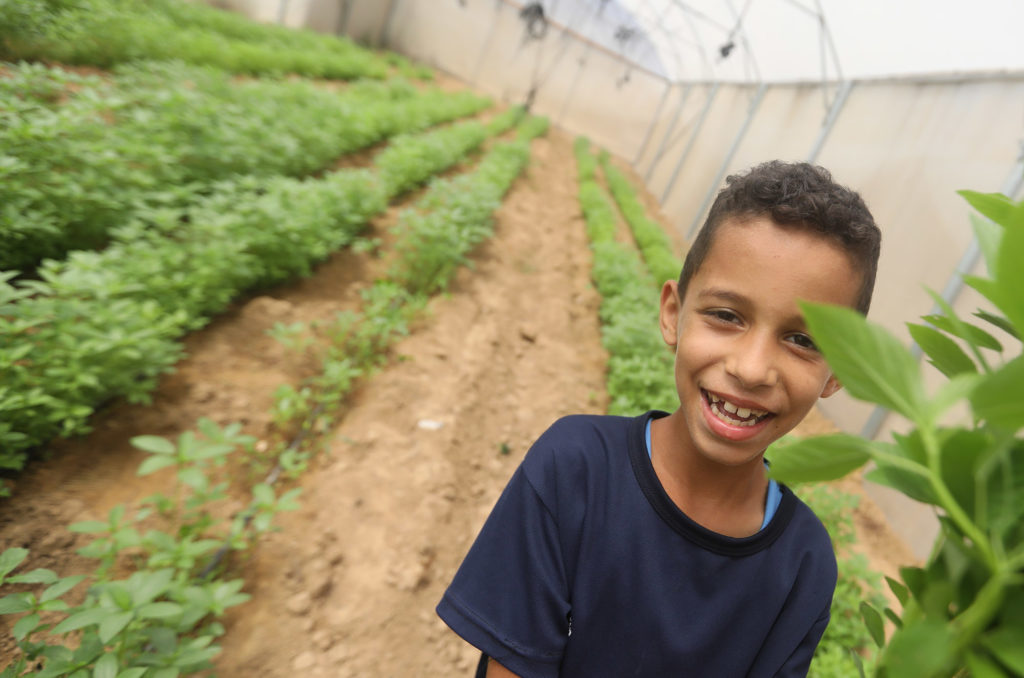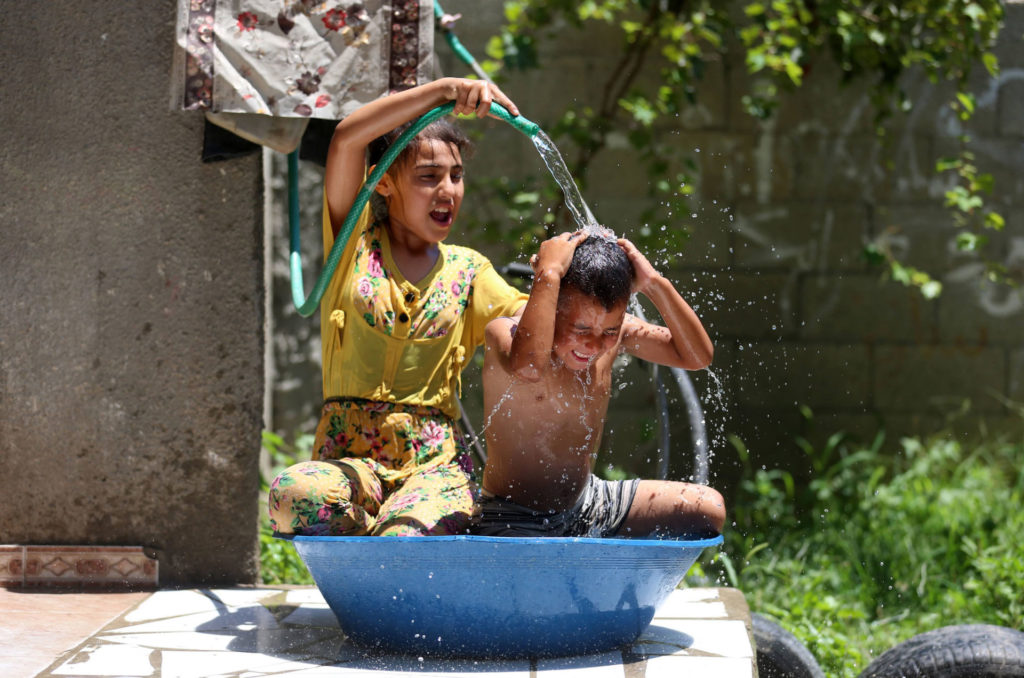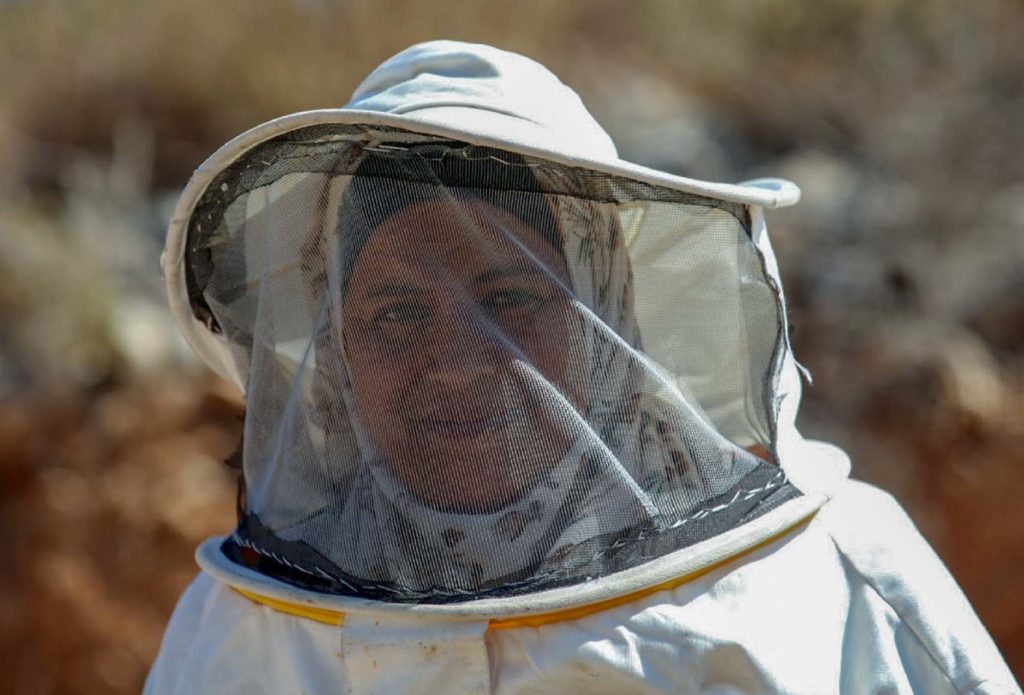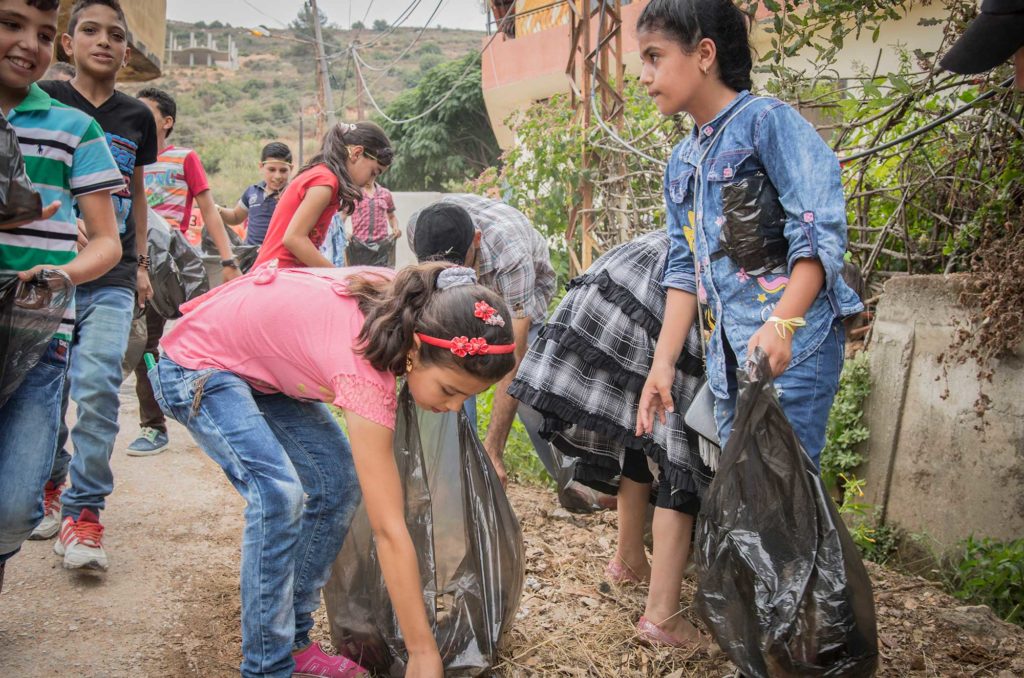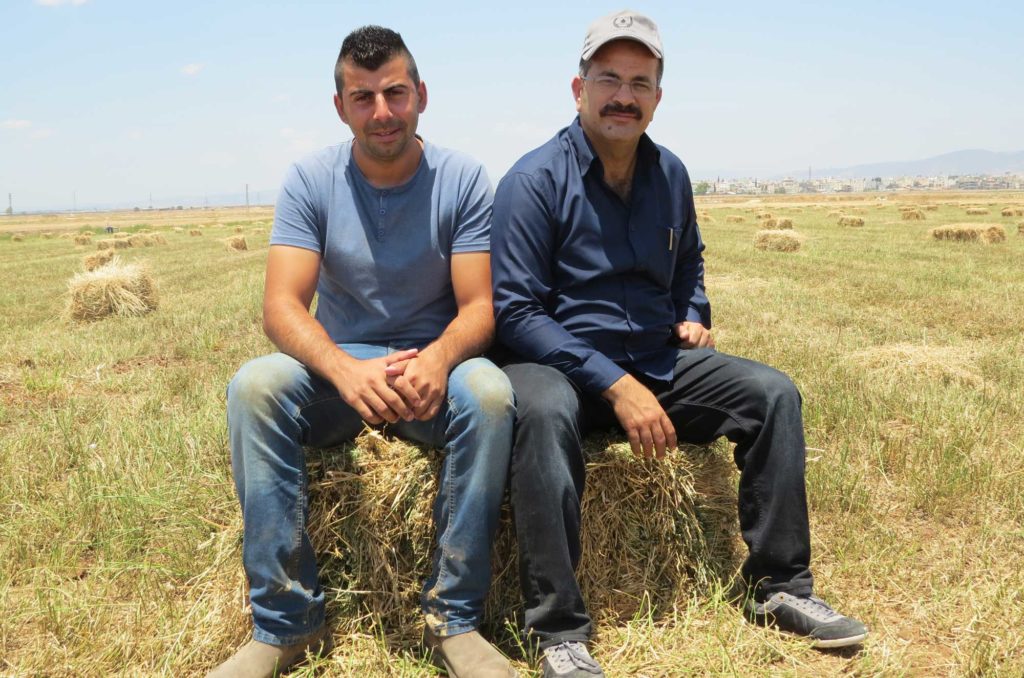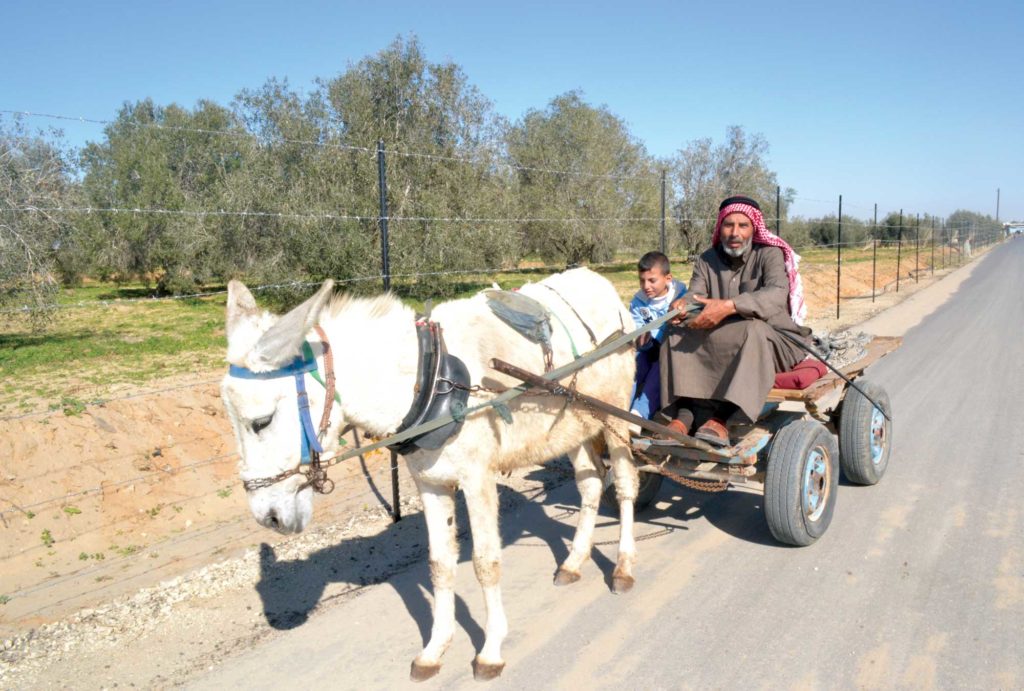Not Enough Water for Farmers
The agricultural sector accounts for some 7% of economic input in Palestine and 5% in Lebanon, but drier seasons and political obstacles to water access mean that Palestinian and Lebanese farming families face major challenges to their livelihoods.
Farming has been a way of life since ancient times in Palestine and Lebanon. Agriculture makes up an integral part of cultural identity. It also offers opportunities for stable employment and sustainability.
In Palestine, however, the agriculture sector uses nearly half of the total available water for Palestinians. During the summer, West Bank farmers experience regular cuts in water service. In besieged Gaza, farming families suffering from poverty and food insecurity face a chronic struggle to get access to water.
Lebanon has the highest proportion of cultivable land, per capita, in the Arab world. Poor agriculture policies and practices, however, have hindered farmers from growing enough produce to feed Lebanon’s population.
Irrigating Farms and Greenhouses
Anera helps Palestinian and Lebanese farmers access and wisely use the water that is available to them. From simple rainwater collection systems to sophisticated networks, Anera has worked with farmers and agricultural cooperatives to set up efficient and sustainable solutions for irrigating farms.
Anera helps family farmers become self-sufficient by making the best use of limited space and water resources. We have built and repaired many hundreds of greenhouses on land and on rooftops across Lebanon and Palestine.
For greenhouses on soil, Anera's agricultural specialists install water tanks as well as drip irrigation systems connected to nearby water sources. We install environmentally-friendly solar water pumps for agricultural wells. Solar pumps let Palestinian farmers have a sustainable water source for their agricultural lands, despite the many challenges they face on a daily basis.
From 2019-2022, Anera built or repaired greenhouses for 1,093 families across Palestine and Lebanon.
Rooftop gardens use spaces that otherwise sit empty. Anera erects small greenhouses on roofs and fills them with growing containers that use wicking beds, a layering system that allows the water to irrigate from the bottom up. These containers use a fraction of the water that traditional farming does. Anera is installing these rooftop gardens vulnerable communities across Jordan, Lebanon and Jordan.
ON-THE-GROUND REPORT
From drier seasons to political obstacles, Palestinian farmers face daily challenges to their way of life, but they are responding with resilience and creativity.

